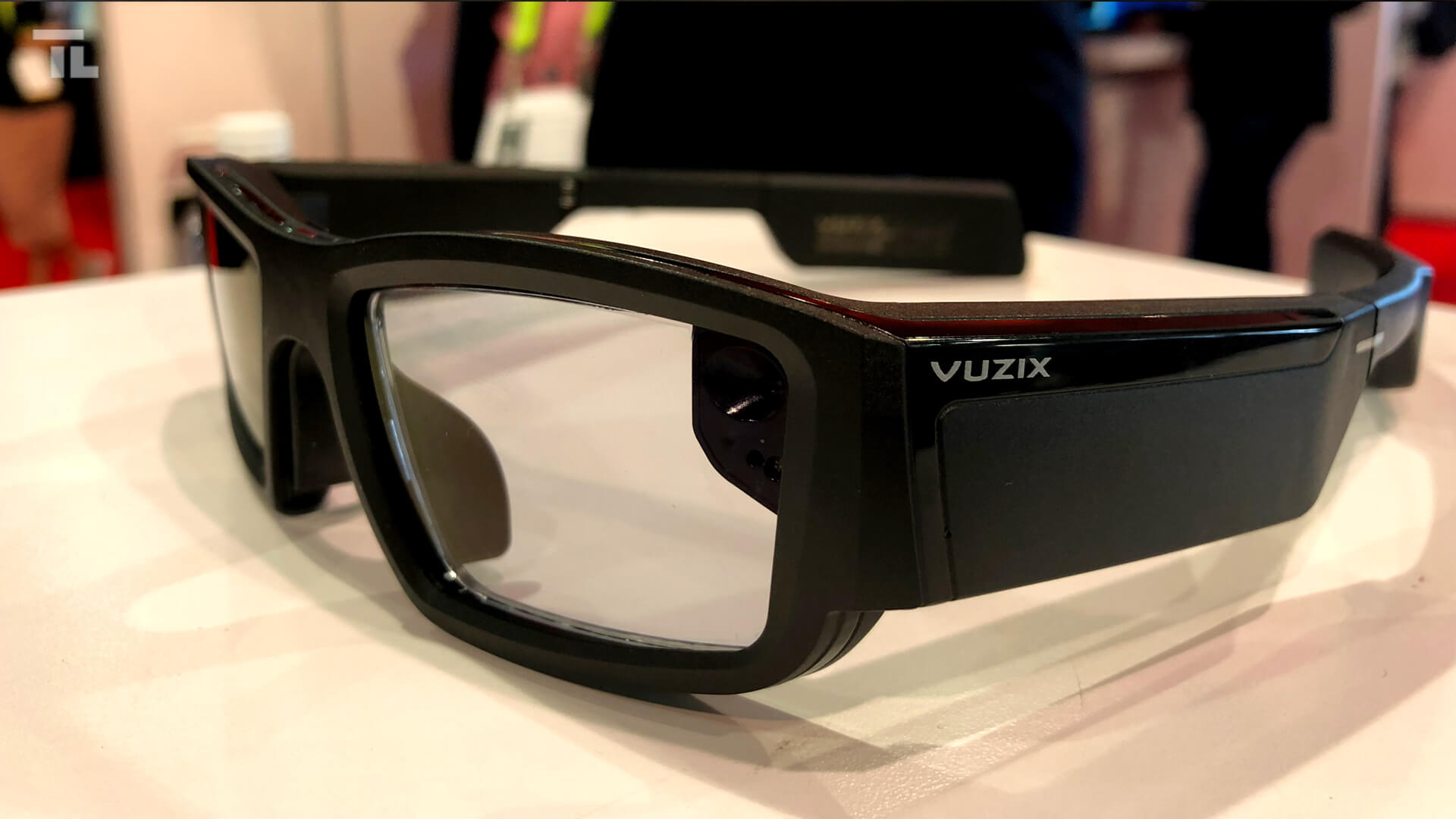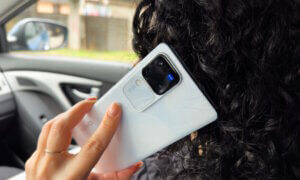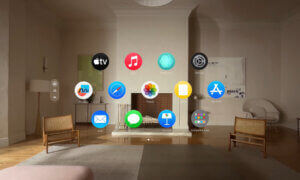Remember when Google tried to make their Glass happen? It didn’t catch. They were ahead of the time, with no clear demand for AR glasses, and sported an unfinished design. But smart glasses didn’t disappear from OEMs minds and at the end of 2017, Amazon was working on a commercial version while Olympus had a business variant ready. Until CES though, we hadn’t seen a convincing pair for mass-market, so Vuzix definitely surprised us with their Blade AR Smart Glasses #realitymagic
Turns out, the Blade AR glasses are exactly what Google hoped to achieve and more thanks to Alexa integration. Yes, they’re the first AR glasses with a smart assistant on board. They can connect to Bluetooth and Wi-Fi, will project information in the user’s field of view and capture images and video via built-in camera. The glasses run on a quad-core ARM chip and are iOS & Android-compatible.
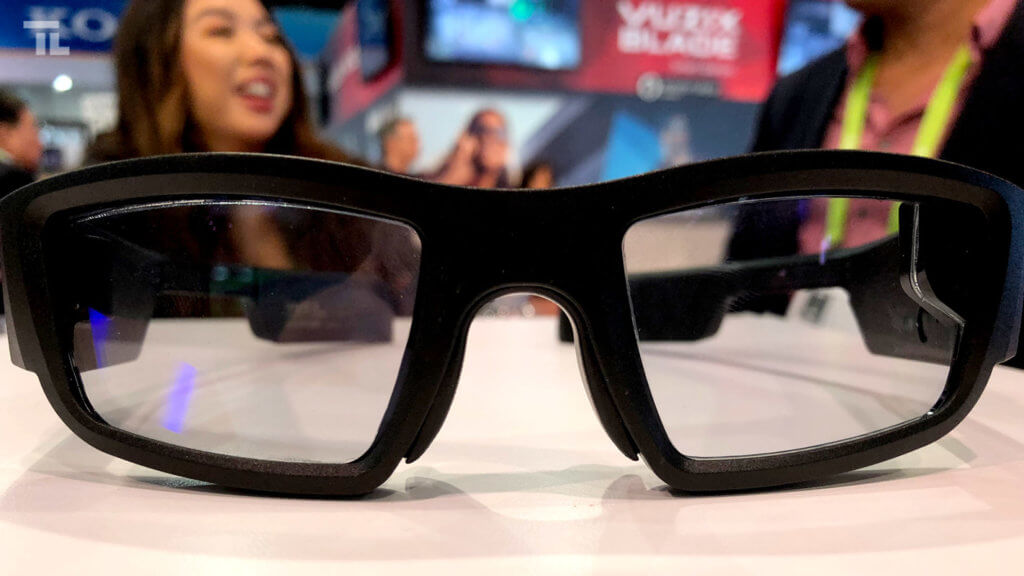
We loved the fact that they look very much alike a pair of 3D glasses and weigh no more than 3 ounces. Vuzix told us you can choose different color lenses, opt for prescription insert and benefit from standard UV protection. You’ll probably use the 8MP/1080p camera once in a while, when there’s something meme-worthy to capture.
More often than not, you’ll check your social media notifications; these are displayed in full color right in front of your eyes. “Directions, menus, weather, events, stocks, video conferencing, sports updates, social feeds, bio-metrics, and more, right in front of you, literally,” the team emphasized.
The device has to be paired with your smartphone via Vuzix companion app first. Then, you just have to use the built-in touchpad or an internal voice system to control the glasses. You’ll get anywhere from 2-12 hours of battery life, depending on which apps you use.
In our brief time with them, the glasses didn’t stutter once. Unfortunately, we couldn’t test Alexa but Vuzix says Amazon’s assistant should run smoothly in a more quiet environment than the Consumer Electronics Show.
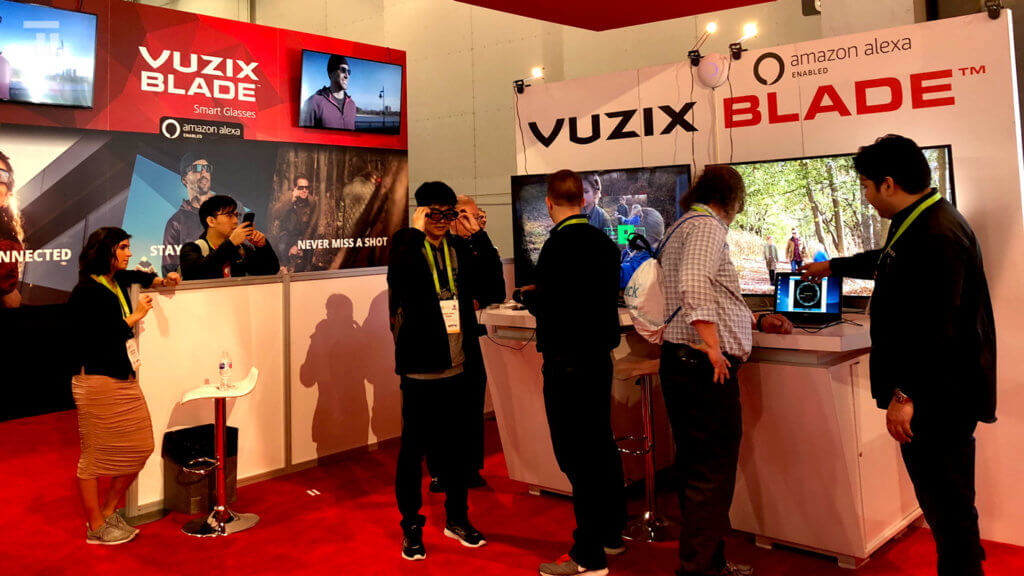
The company is set to deliver an open-source, developer kit in the next months. This will contain development software, a preproduction design verification testing unit, and a production unit. In Q2, Vuzix hopes to bring a consumer version to market that will cost around $1,000. That said, the company wants to lower the price with the next generations at less than $500.
Follow TechTheLead on Google News to get the news first.

